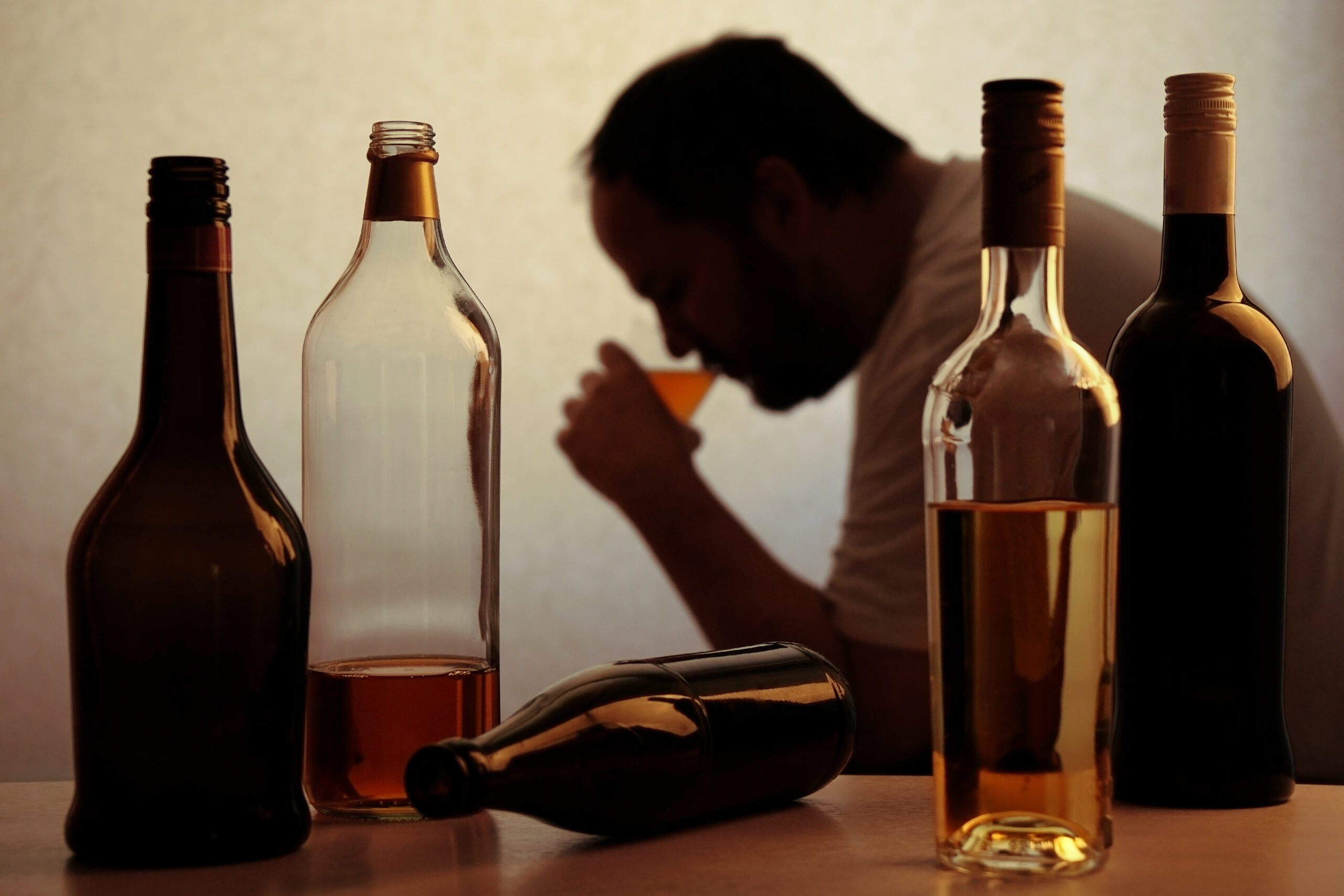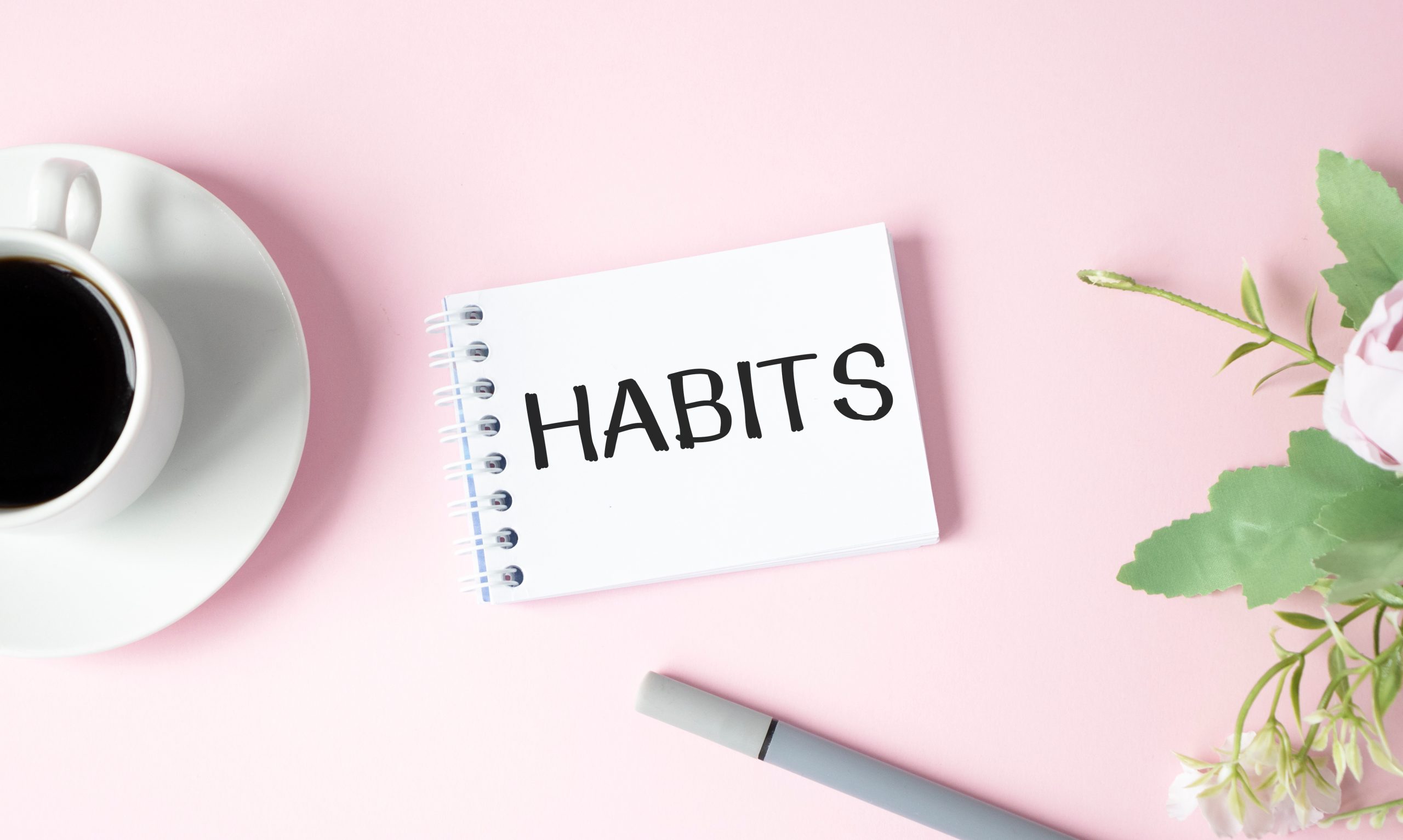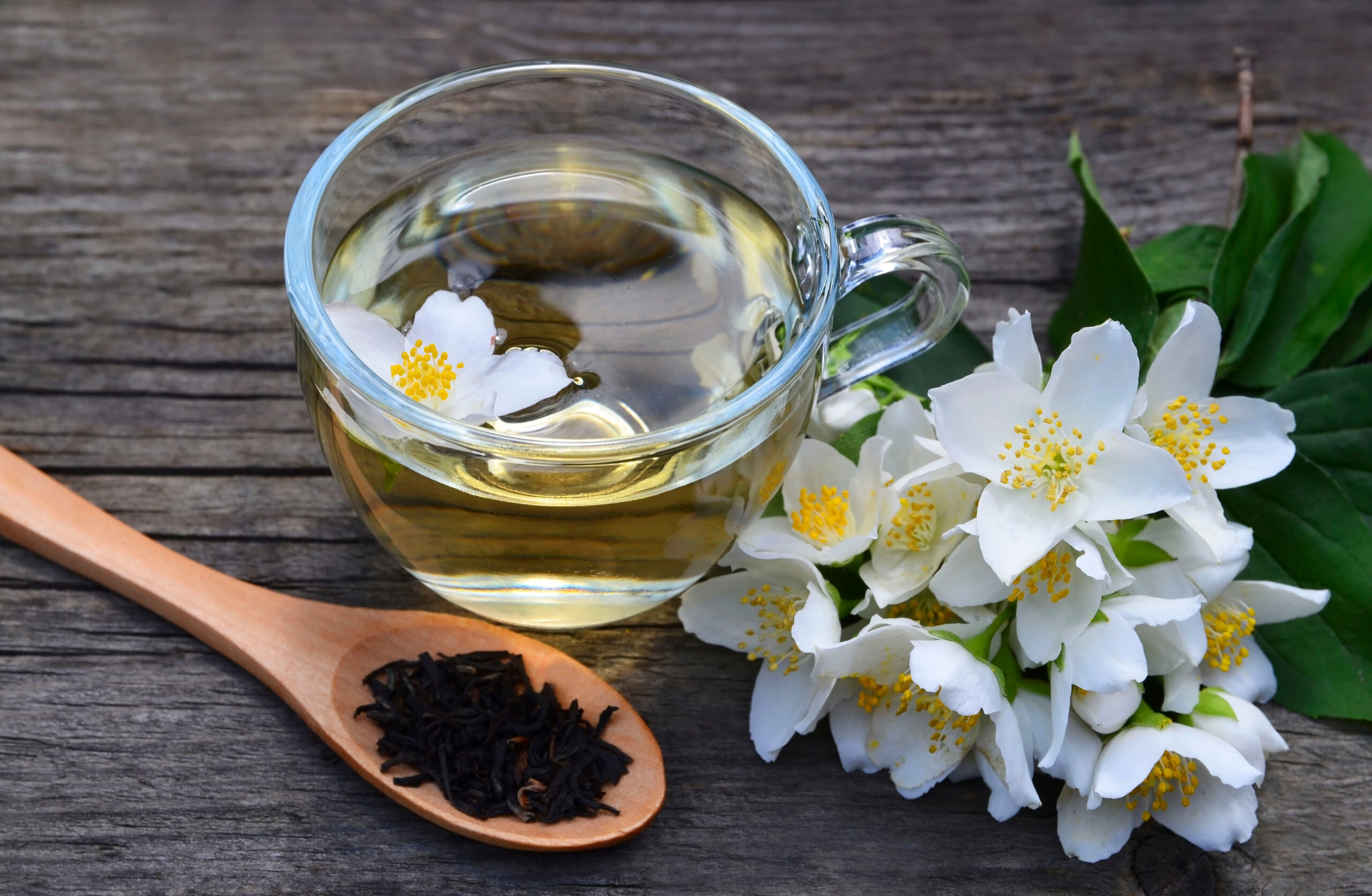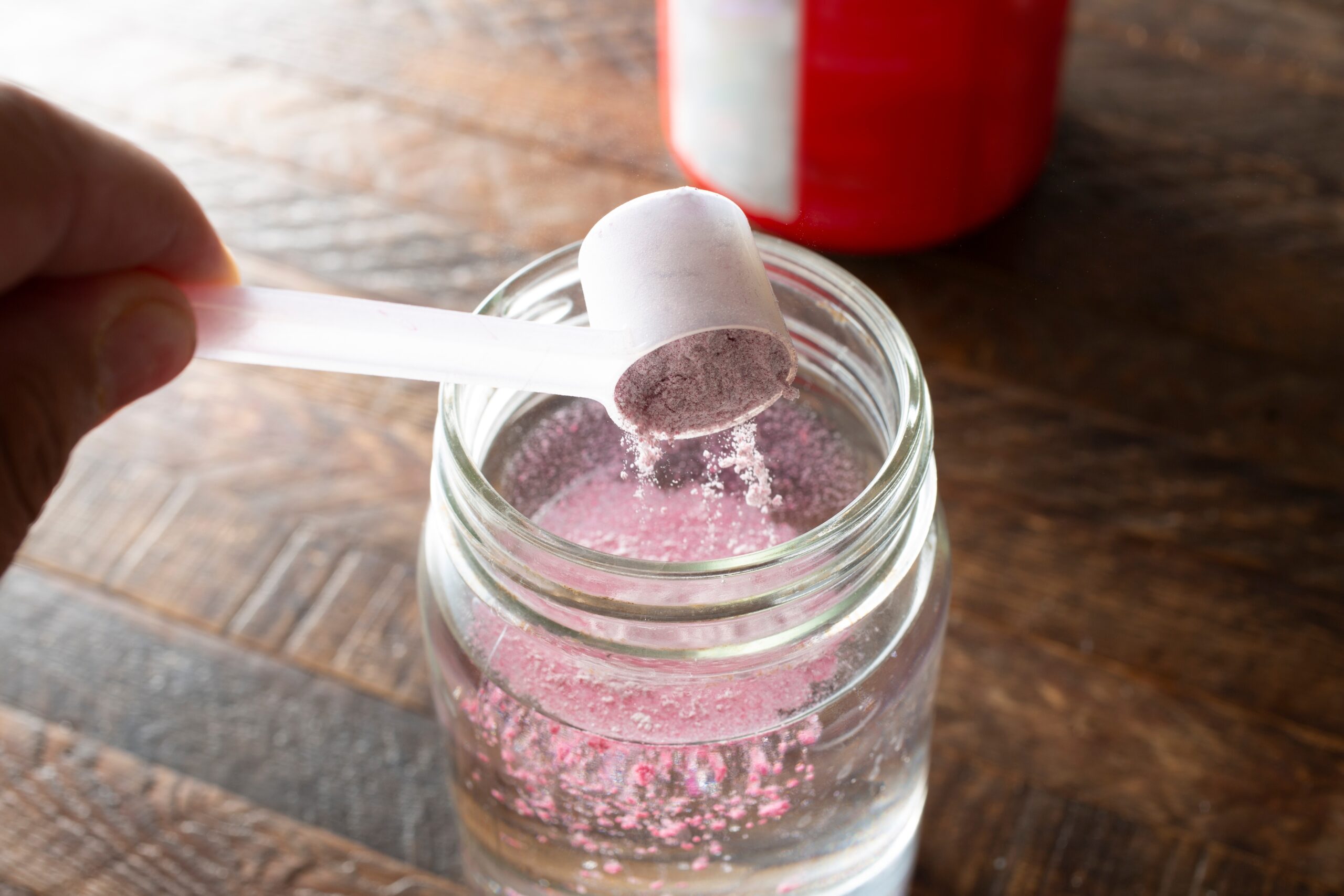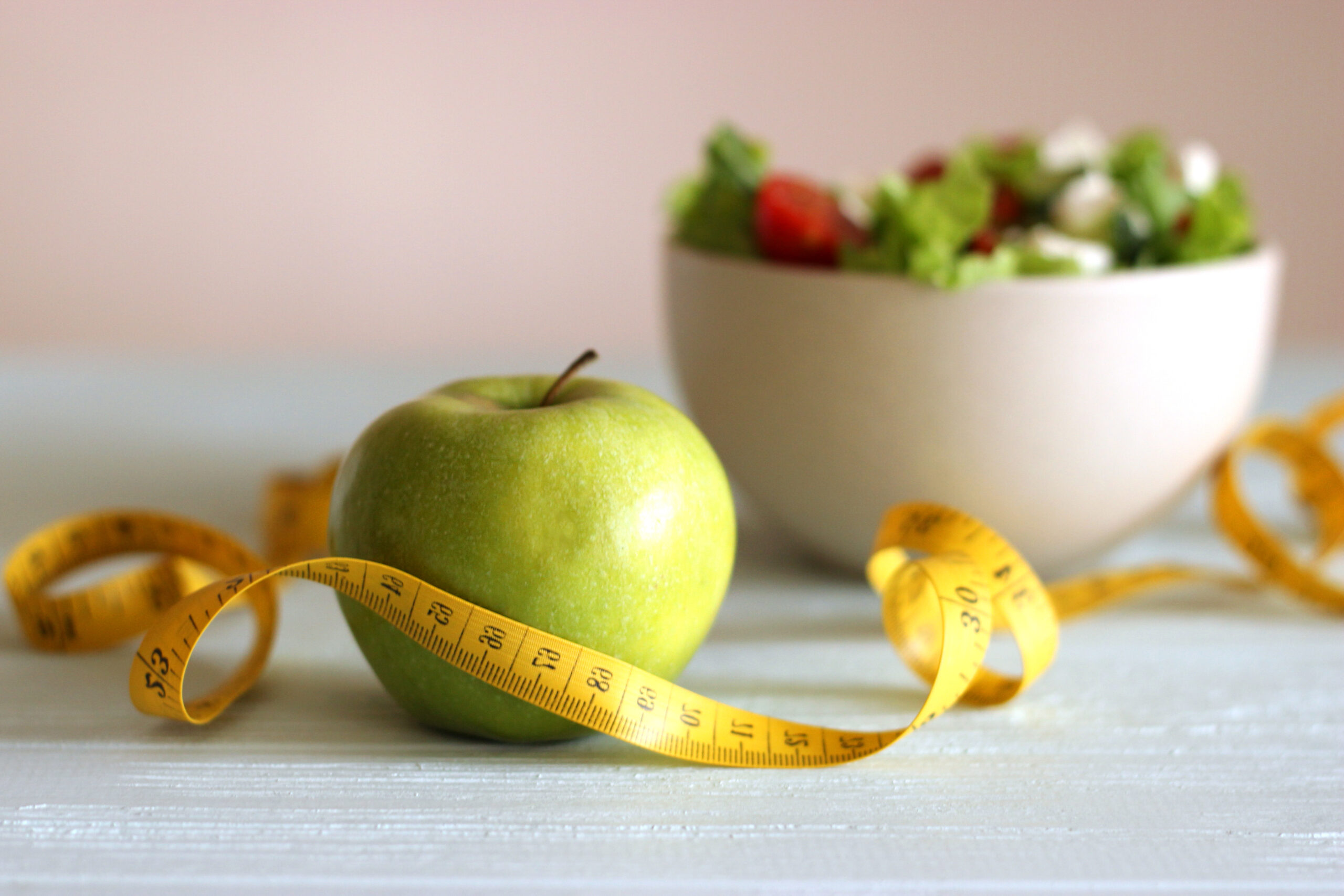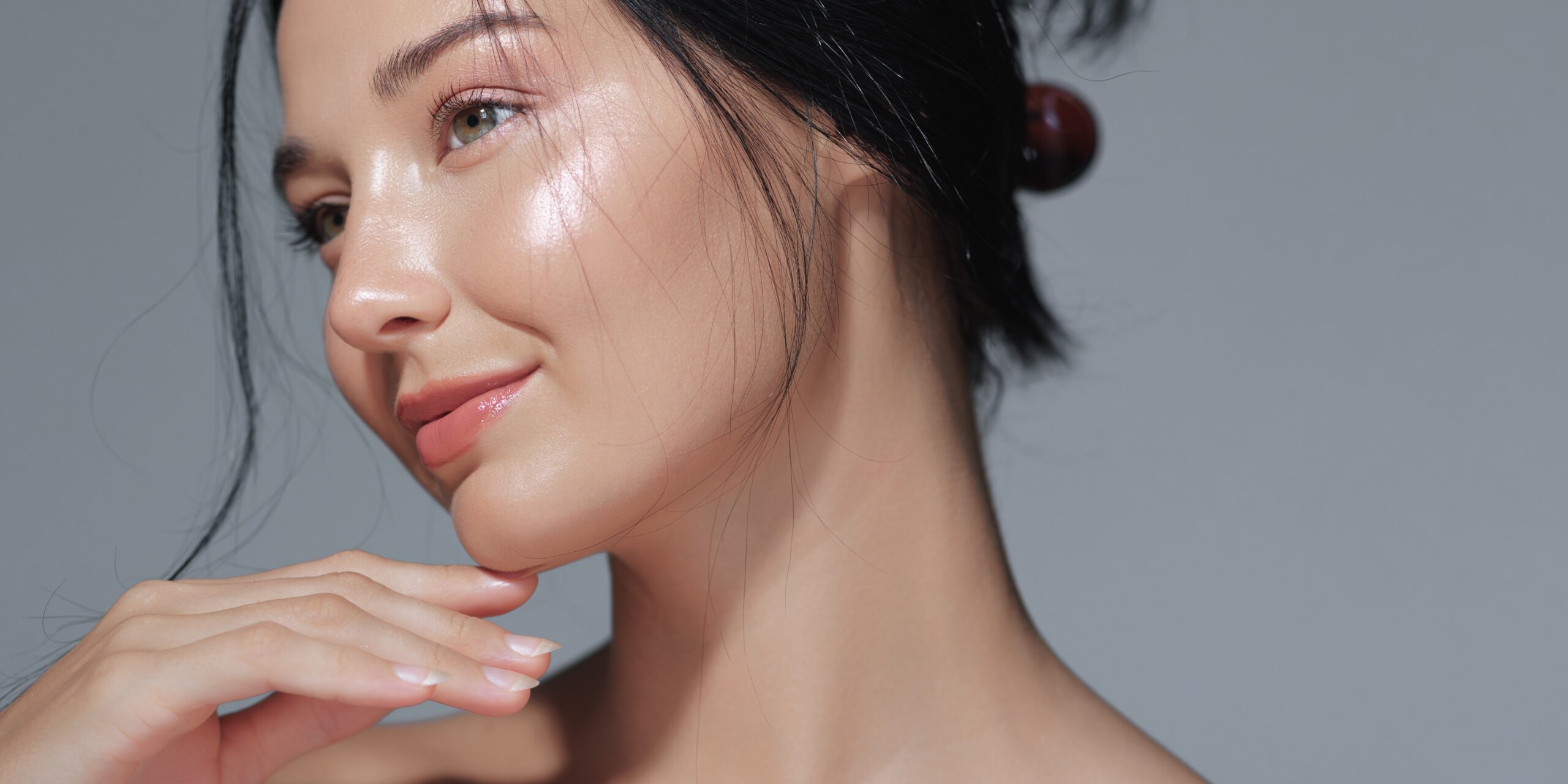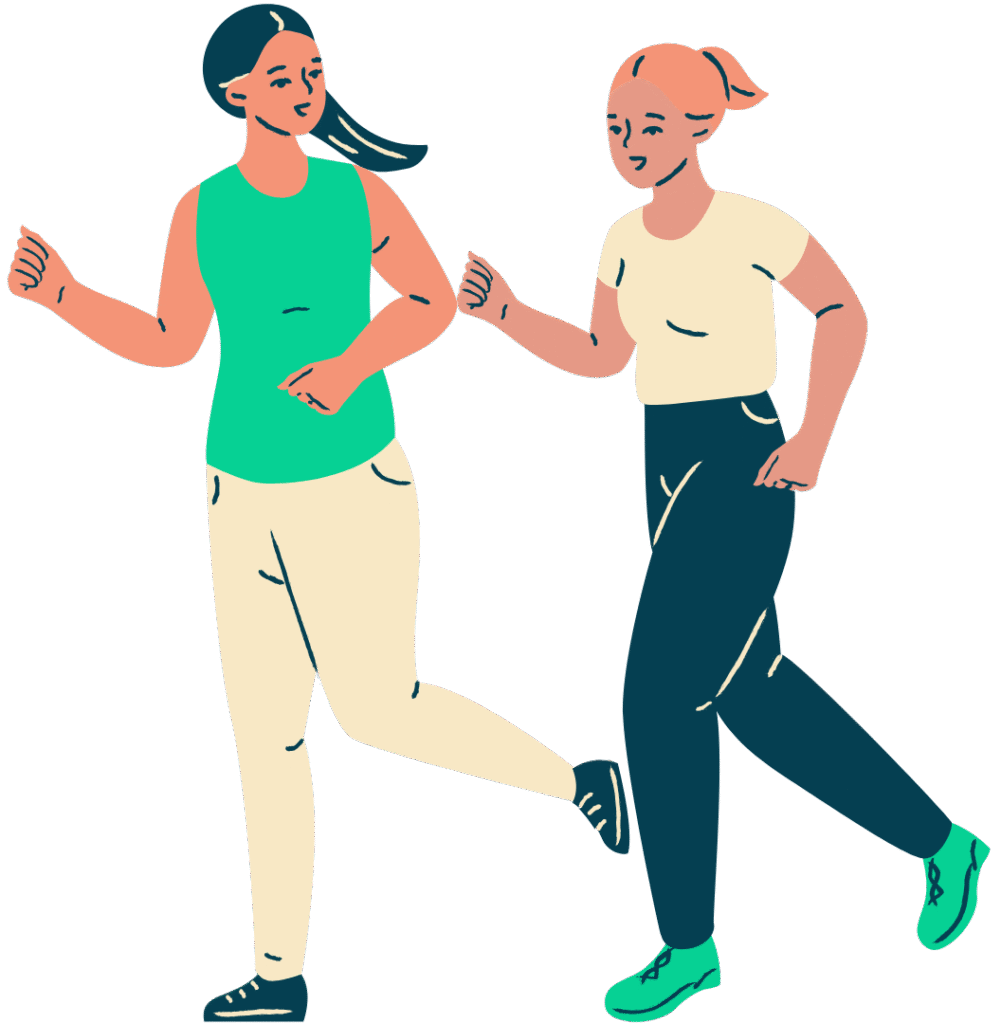If you thought your next glass of soda or happy hour drink was harmless, think again—science now ties those sips directly to going gray and bald faster than genetics alone ever could.
Story Snapshot
- High consumption of sugary drinks and alcohol is strongly linked to increased hair loss risk.
- Vitamin D emerges as the standout nutrient for protecting hair health, backed by several robust studies.
- Researchers urge caution: most of the evidence is observational, though trends are consistent across large populations.
- New dietary guidelines for hair health could be on the horizon as awareness grows.
Two Drinks Quietly Sabotaging Your Hair—And Why It Matters
Across continents, researchers have traced hair loss and premature graying to more than just the luck of the genetic draw. Recent systematic reviews and large-scale studies reveal a clear, dose-dependent connection between sugary drink and alcohol consumption and an increased risk of male pattern hair loss, especially among younger populations. The evidence is now so robust, it’s shifting the conversation from resignation about hair loss to prevention through lifestyle change. These once-innocuous drinks—sodas, sweet teas, and regular alcoholic beverages—are now under scrutiny for their role in undermining not just waistlines but hairlines as well.
The 2022 cross-sectional study conducted in China set the tone, surveying thousands and finding a direct link between sugar-sweetened beverages and more pronounced hair thinning in men. This was no isolated incident. The 2025 systematic review synthesized results from seventeen studies, covering over 61,000 participants across demographics and geographies. The pattern was unmistakable: as intake of these beverages rose, so did the prevalence of hair loss. While caffeine-packed drinks like sweet tea and coffee showed some protective effects, the headlines remained grim for the sugar and alcohol crowd.
Vitamin D: The Unsung Hero That Keeps Hair on Your Head
Amidst the dietary doom and gloom, one nutrient consistently surfaces as a beacon for hair health: vitamin D. Multiple peer-reviewed studies, including at least five major investigations, point to a protective effect. Participants with adequate vitamin D levels enjoyed thicker, more resilient hair and lower rates of loss. The mechanism is plausible—vitamin D receptors play a key role in hair follicle cycling and regeneration. This isn’t just theoretical: people with deficiencies see improvement when their vitamin D status is corrected, according to robust clinical data. Iron and protein also matter, but vitamin D is the clear standout in recent literature.
Of course, not all research is unanimous. A handful of large cohort studies found no definitive association between vitamin D and hair retention, underlining that the science is evolving and context—genetics, lifestyle, and baseline health—matters. Still, the weight of evidence leans toward supplementation or, at minimum, maintaining healthy dietary levels for anyone concerned about thinning hair.
Who Stands to Gain—or Lose—From the New Science?
The implications ripple far beyond vanity. Young adults, especially men, face the highest risk as they increasingly turn to high-sugar drinks and alcohol. Populations with the greatest intake—urban professionals, college students, and communities with aggressive beverage marketing—are at the front lines of this emerging health issue. On the flip side, vitamin D, iron, and protein stand to become the new buzzwords in hair care and self-esteem circles, with supplement manufacturers and functional foods industries already taking note.
Regulatory bodies and public health authorities are watching closely. If the evidence continues to mount, changes to dietary guidelines could follow. Beverage companies may soon face the same pressure for hair health that they’ve long felt for obesity and diabetes. Socially, the stigma of hair loss may shift from inevitability to modifiable risk—changing how we talk about aging, self-image, and personal responsibility.
Expert Opinions and The Road Ahead for Hair Health
Dermatologists and nutritionists agree: while genetics and hormones are immutable, diet is a lever you can pull. Most experts urge moderation, emphasizing that the studies, while large and consistent, are observational—meaning they can’t conclusively prove cause and effect. Still, when data from different countries, cultures, and research teams all converge, ignoring the signal becomes harder to justify. The emerging consensus is simple: if you care about your hair, ditch the sugary drinks, watch the alcohol, and get your vitamin D in order.
The next frontier is likely to be intervention studies: randomized controlled trials that move beyond associations to direct proof of cause and prevention. Until then, the prudent path is clear—think about what’s in your glass before lamenting what’s in your comb.
Sources:

